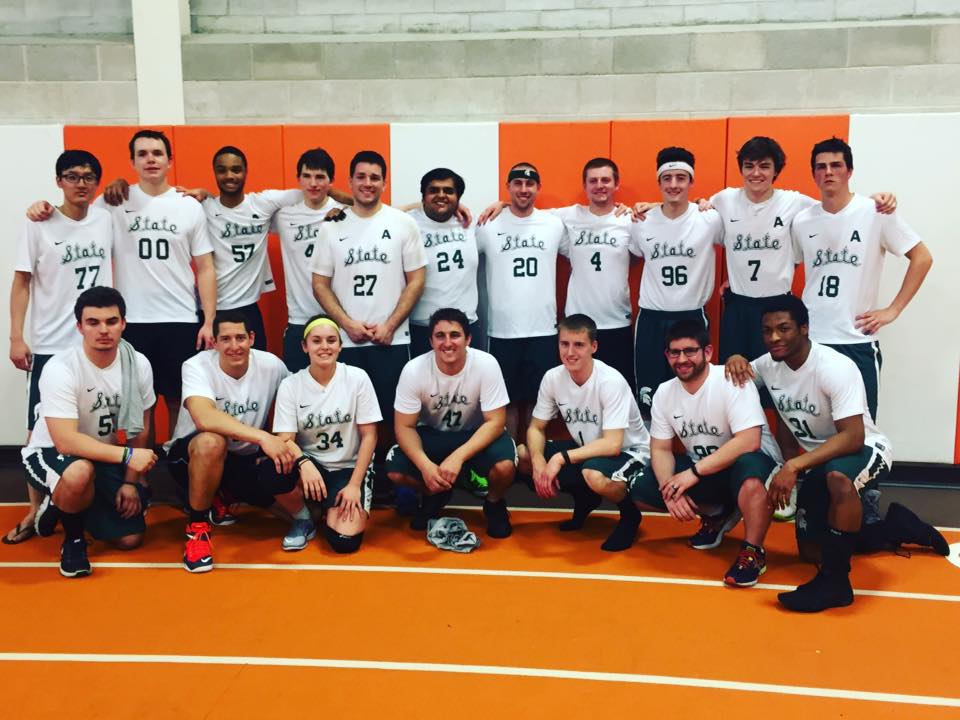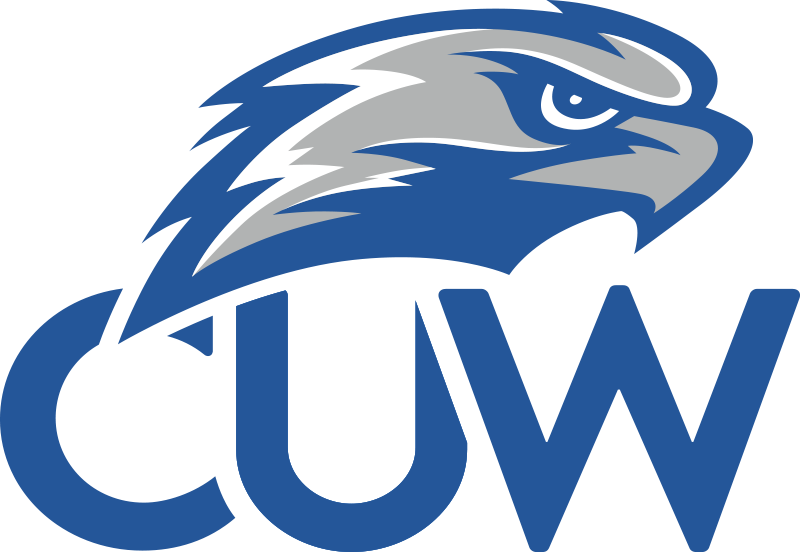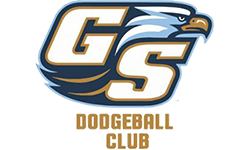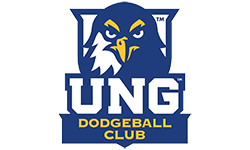Ten percent: that’s the percentage of women that comprise the National Collegiate Dodgeball Association (NCDA). The percentage who actually start and play? Significantly smaller. Looking from roster to roster across the league, a woman’s name seldom pops up, however their impact on the court can be significant. Women have been a part of rosters since the league’s conception in 2005, however they did not begin consistently being rostered members with frequent playing time until roughly 2008. The NCDA first began to recognize women’s involvement with the establishment of the Ladies’ Match in 2011 and things have slowly grown from there, adding the women’s All-American list in the 2016-2017 season. As important as this growth was for the NCDA, there’s still a long way to go. Being a woman in the sport of dodgeball, you are continuously over-looked; you’re seen as under-sized, under-powered and, if we’re being honest, under-valued. We’d like to change that mindset. As Michelle Obama once said, “there is no limit to what we, as women, can accomplish.” My intention with this series is to tell the story of the powerful women, past and present, in the sport of college dodgeball in hopes to begin to erase that stigma. In order to start this, let’s begin with the easiest story to tell: my own.

For those of you who may not know me, I’m Becca. I was on Michigan State’s club team from 2013-2019 and became their first ever female President and Assistant Captain. I was the 2018-2019 female MVP and currently the first ever Director of Female Engagement for the NCDA. I was lucky enough to find dodgeball at a young age in my hometown of Harrisburg, PA, playing any and every form of dodgeball that I could find from church rec hours on Tuesday nights to a few National Dodgeball League tournaments. When I found out that MSU had a club dodgeball team, I knew I had to join. I walked into practice, eager to start and see how I would do. My experience during that first week of practice stayed with me throughout my career in dodgeball. I had picked up a stray ball, beyond excited to try and stand out, only for a veteran to come up to me and say, “Hey you should probably pass that off and focus on standing back and trying to make catches. You’re not going to be a strong thrower.” Six years later I am so proud to say that I officially clock-in a harder throw than he ever did.
I decided at that moment I didn’t want to be overlooked in this sport. I wanted people to know me by name and consider me a threat, not just ‘some girl’ on the other team. As a woman, I knew I had to work harder than any of my male counterparts to prove myself. That meant showing up 30 minutes early to practice, putting in extra work, and seeking out the hardest throwers, begging them to throw at me more. Outside of practice I’d be at the gym 5-6 days a week working on improving my strength and agility, analyzing film before and after tournaments. In my freshman year, I made my first roster and it was a big one – Nationals. I was thrown into a completely new and fiercely competitive world and I absolutely loved it; it felt like home. Coming into the tournament I was beyond nervous. I was the smallest one on the team by far, and I couldn’t even pinch a ball yet, however our captain at the time, Mike Van Ermen, would always encourage me and really showed me the faith I so desperately needed. He was a great mentor and friend in that first year. No matter how many times I was blasted by a ball or dropped a catch, my captain would still pick me up and have faith in me, in fact he’s literally picked me up off of the ground at practice before to help me. If it weren’t for him, I’m not sure if I would have the mentality toward dodgeball that I do today.

As the years went on and I stared across the court, not a woman in sight most of the time, I felt like I was in a league of my own. I wanted so badly for other women to realize that they too can do this and feel so powerful being such an outlier on the court. Most of my career, I was regularly looked at as an underdog which, quite frankly, I loved. Being underestimated put me into a position of power to make plays to prove others wrong. There, however, was something so satisfying about being one of the only women out there and having someone make the poor mistake of ‘taking it easy’ on you, just to catch them and give them a little wave as they walked off. When I was on the court, it didn’t matter who you were, I would gladly stare you down and go for whatever you threw at me. I slowly developed myself into an asset for my team both in ability and knowledge and began to be looked at as a leader, becoming Assistant Captain and President in the 2017-2018 season. I, in part, took over a team that had lost almost all of its starters and its entire OT-6 roster, helping to rebuild them and instill all of the knowledge I could on the incoming freshman. I had something happen that almost never happened before – people were handing balls to me and asking me to call plays. They put their trust and faith in me, not even blinking at the fact that I was a woman on the court, and it was so refreshing to see my hard work paying off right in front of me. My college career came and went in the blink of an eye. Would I do it again? Absolutely, yes! Are there things I would change? Also, yes. Leaving the league made me realize that I now have more opportunities than before; I have the opportunity to make the college athletic careers of the future female players easier and give them chances that they may not have had.
I went years trying to make a name for myself and become an outlier from the stereotype that women aren’t as skilled or important as men on the court only to realize that now it’s feasible to change this for future women across the nation. This goal may have been my own, but it’s also the goal of many others like me. I am one of the many women who tried to etch their name into the league. Many of you may not know our stories so I am here to help tell them. It’s time to rewrite the way women are looked at in a male dominant sport and how powerful they can truly be on their own and toward their team. We are waiting for the day that we can be looked at by an opponent on the other end of the court and not be under-estimated by our size or gender. We truly can step up into roles that the team needs and get the job done, we just need the chance. It may not be in this “generation” of dodgeballers, but if we can come together and make this league a better, more inclusive space than when we found it, we can take the NCDA to new heights that may not have seemed realistic before. My name’s Becca, and I am a dodgeballer, no asterisk or label in front of that.

























